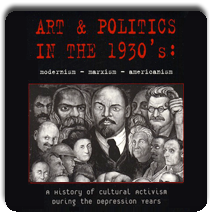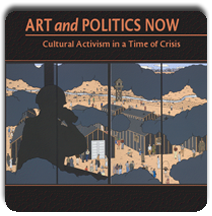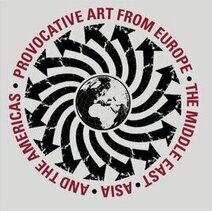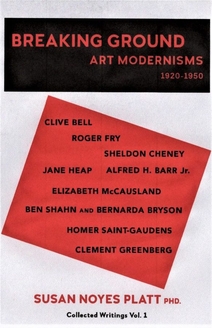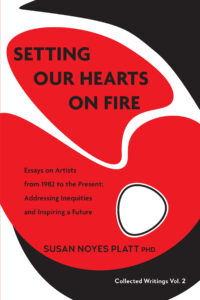Na Chainkua Reindorf
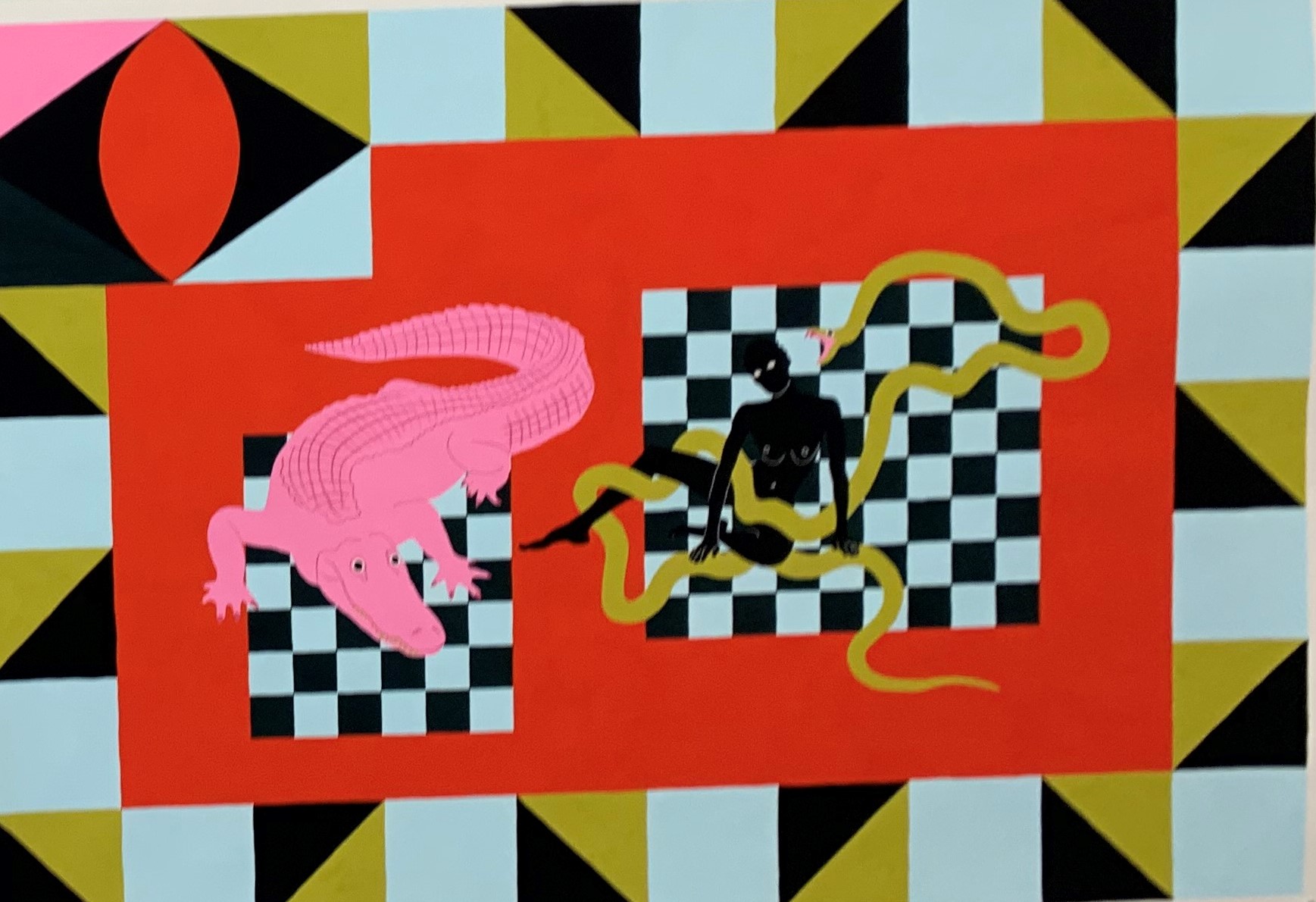
Peli: You don’t play games with danger
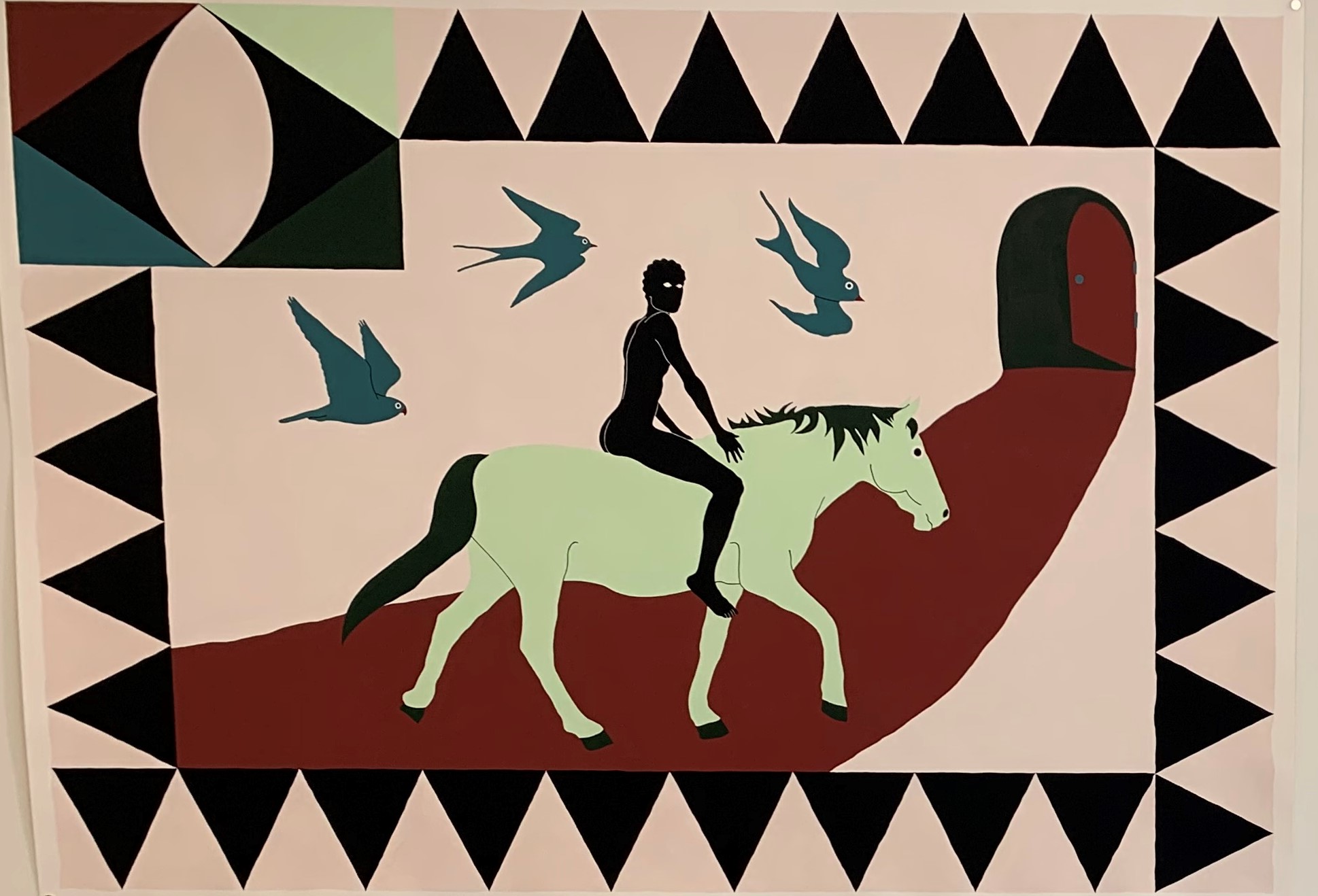
Bomi: Only the free can enter an unknown door without fear
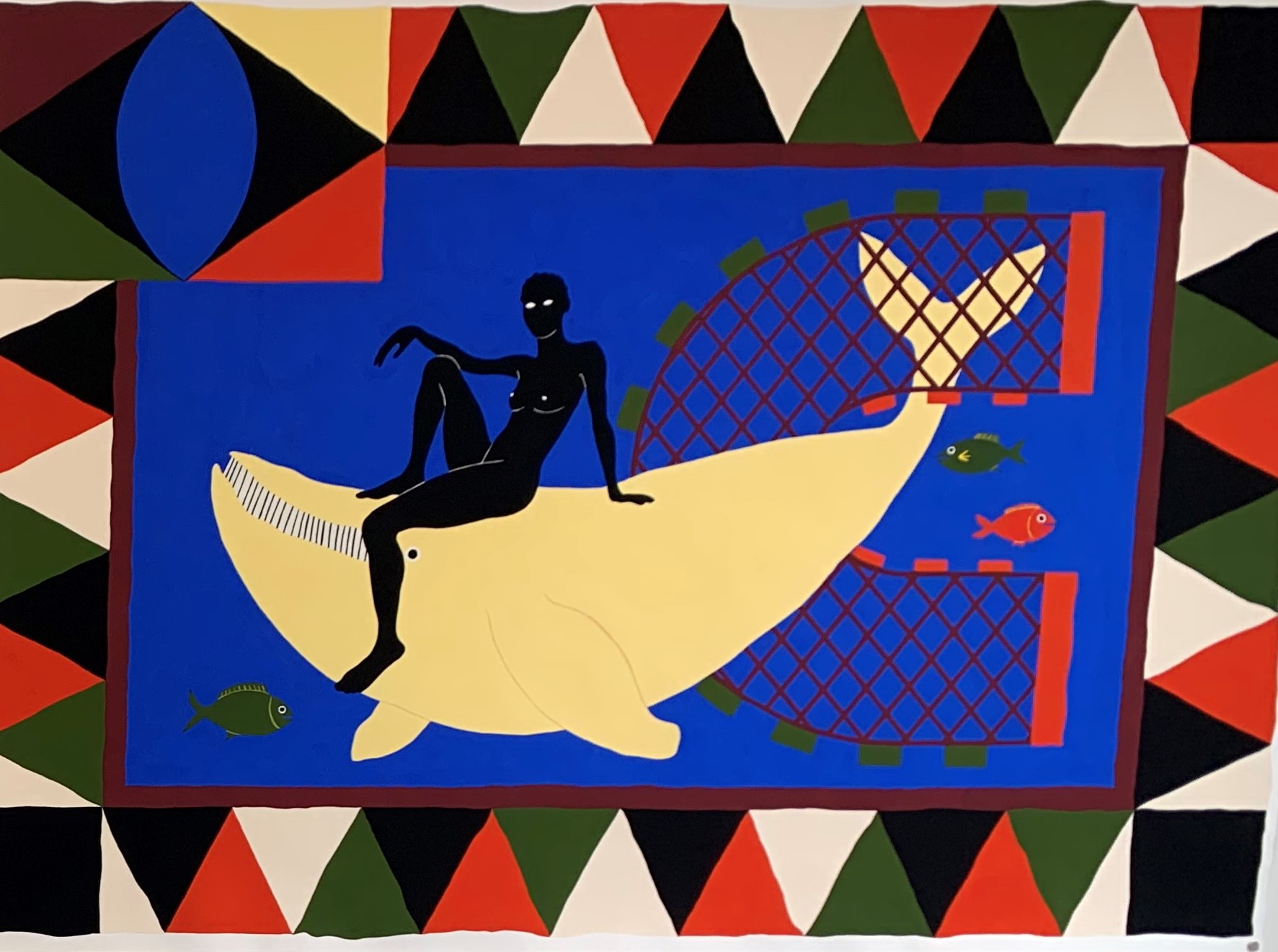
Lara The whale cannot be caught with a fishing net
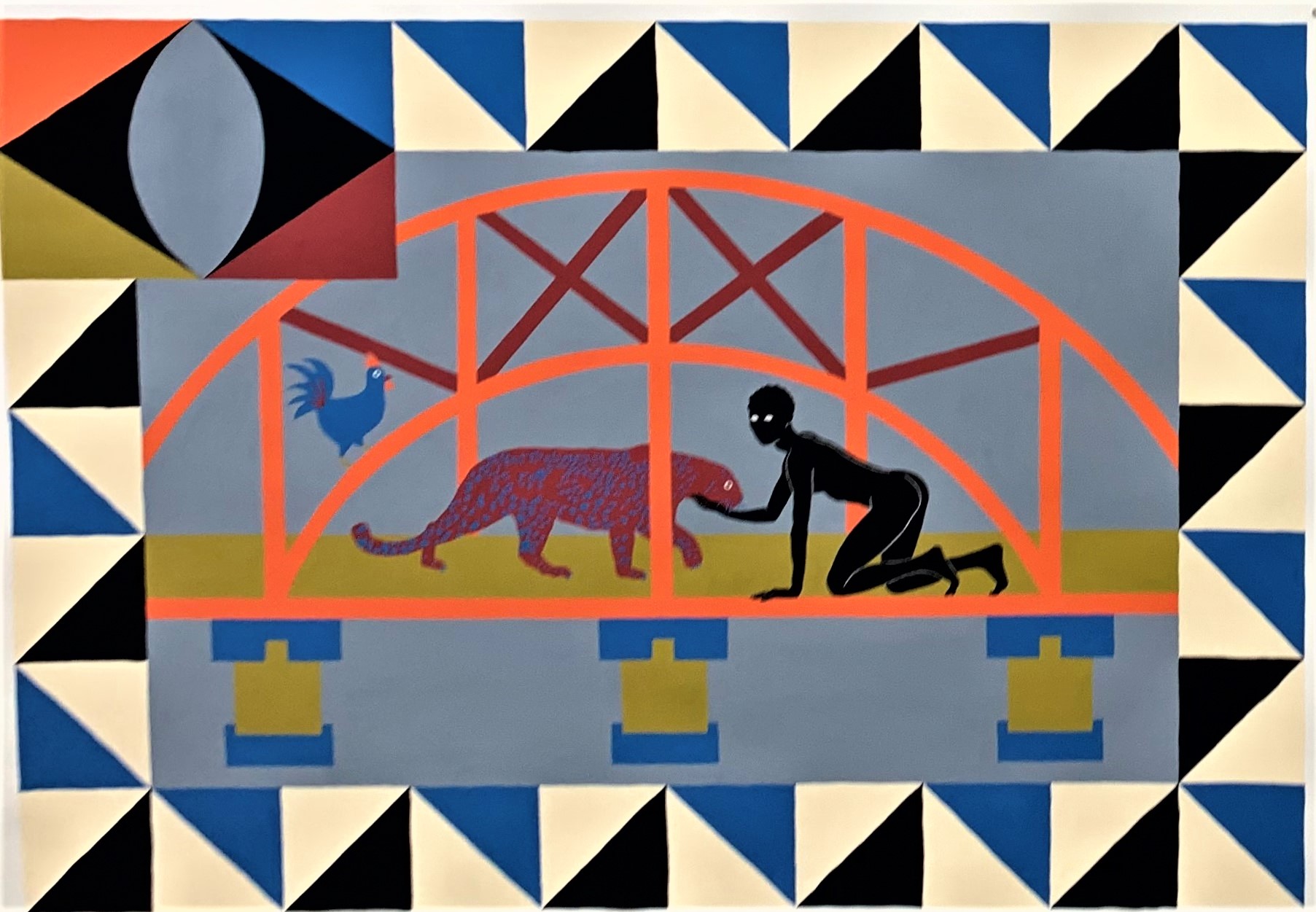
Evor: Only feed a beast with your hand when you don’t fear losing it
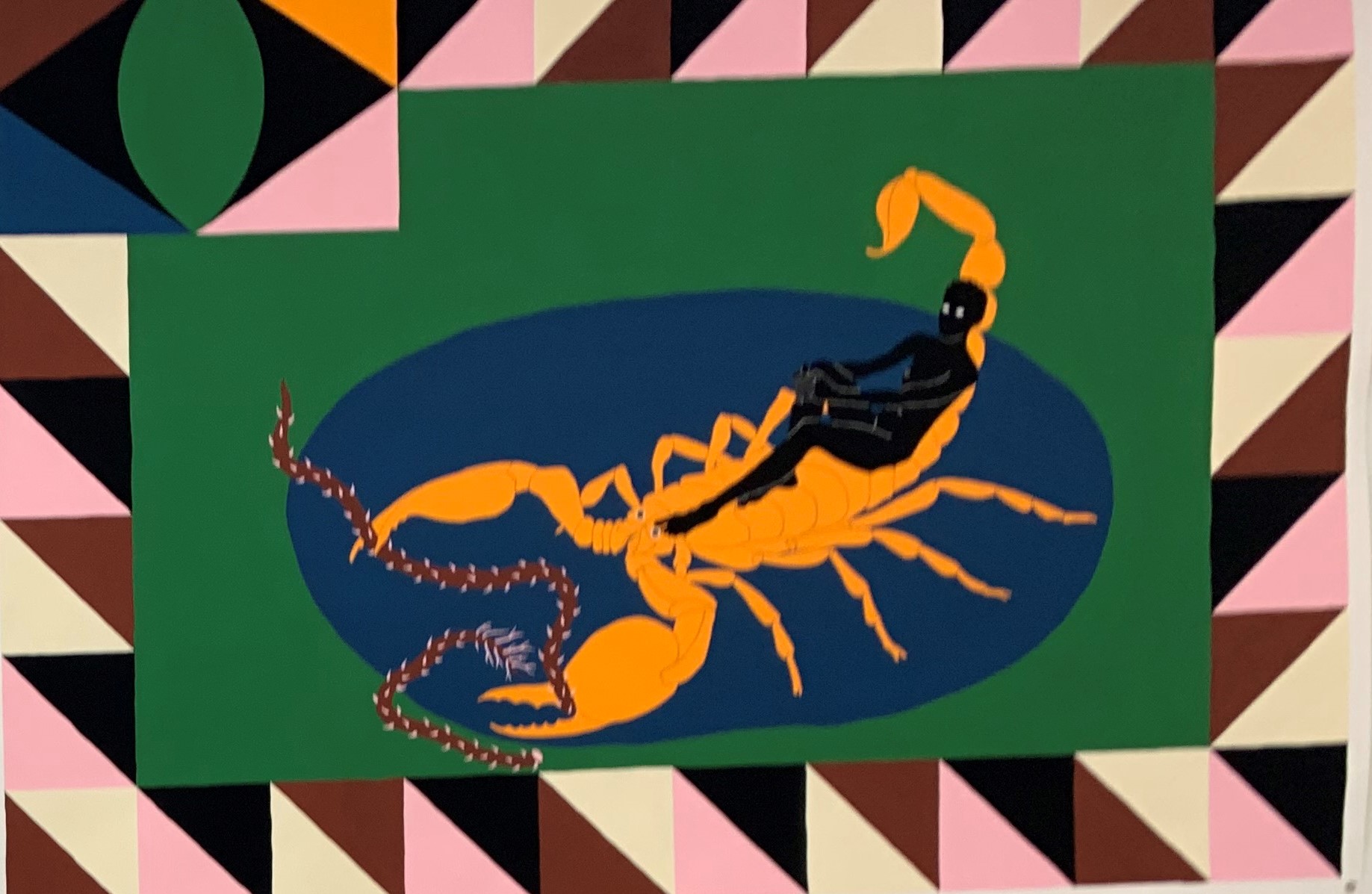
Nyeti Being a good friend of the scorpion does not mean you cannot be stung
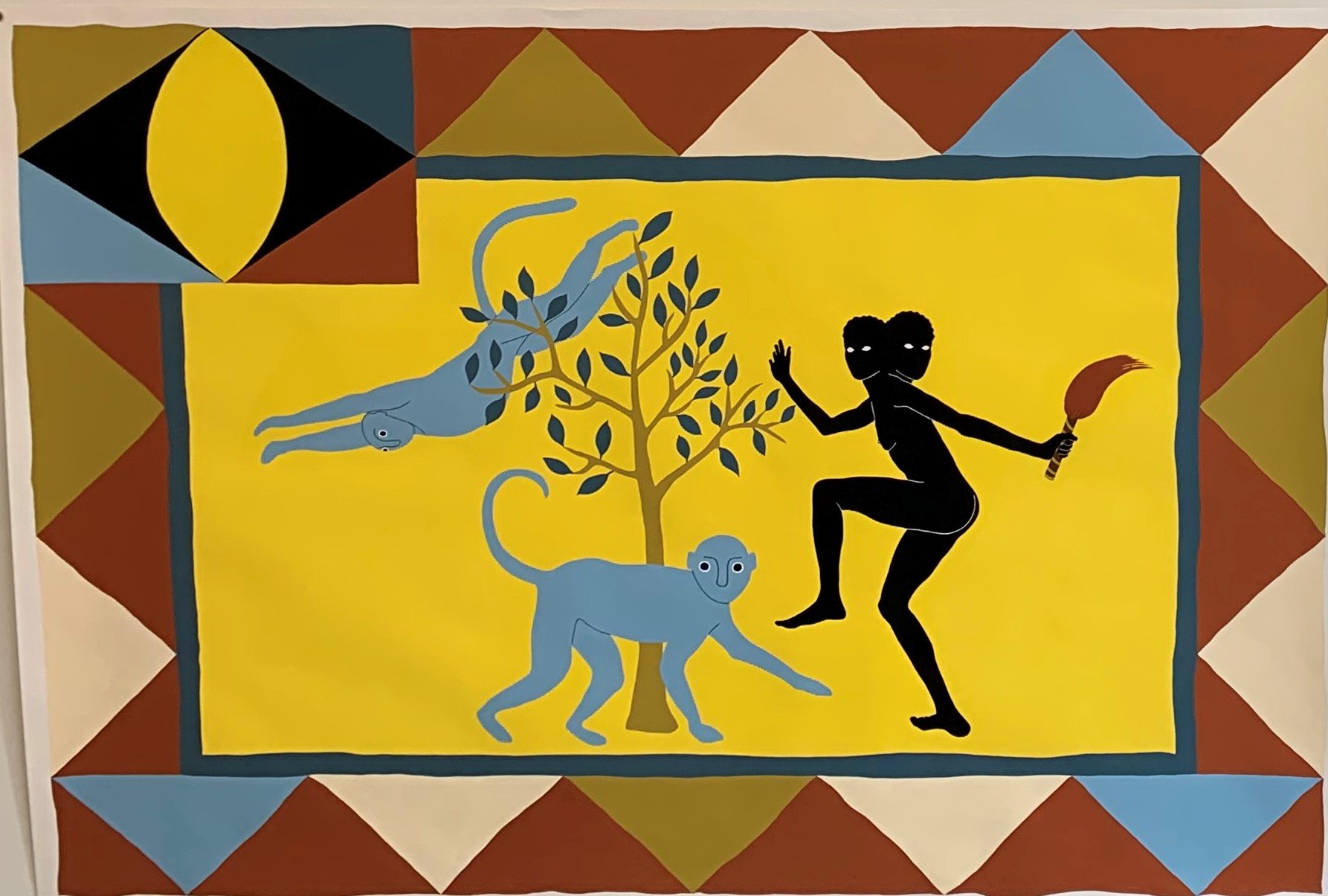
Tokpe: If you don’t want the monkey tail to touch you don’t attend the monkey dance
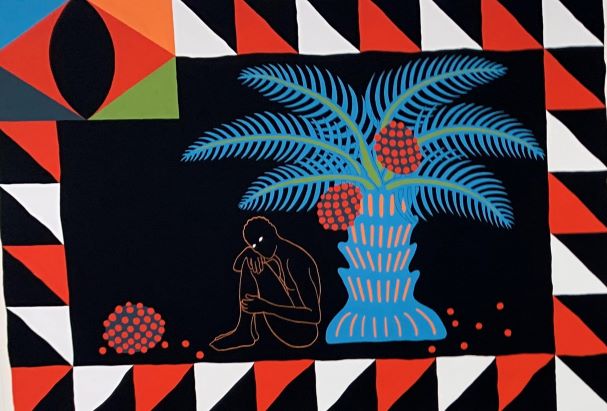
Gedu: The Palm Tree protects its fruits till they ripen
Ghanian artist Na Chainkua Reindorf is showing at the Specialist Gallery (until November 21, by appointment) a series of seven stunning works, with the title “Come, Let Me Spoil Your Things” The artist is inviting us to meet members of an imaginary secret society. This is the first phase of a long term project.
” this series of works introduces the seven original members of the Mawu Nyonu, a mythological women’s masquerade secret society believed to exist in parts of West Africa today.”
The seven masquerade characters “serve as mediums through which actions can be performed and in some cases transformations can take place”
Masquerading can ” explore ways of being that could be considered radical or unacceptable . . . they inhabit a world where women can explore their deepest, darkest and often radical desires through the art of masquerade, without fear of repercussion or judgment.
According to the artist
“The Mawu Nyonu (roughly translated as ‘god-woman’) are believed to have formed as a direct result of the 19th century disbandment of the Dahomey Amazons, an all-female military regiment active in what is now present day Benin.
Each painting in “Come, Let Me Spoil Your Things” takes the form of a flag, introducing each of the Mawu Nyonu characters, who forge the basis of their own unique masquerade. Reindorf’s carefully rendered gouache works are inspired by appliqué flags and banners from both the Asafo militarized states in Ghana and the former kingdom of Dahomey, Benin.
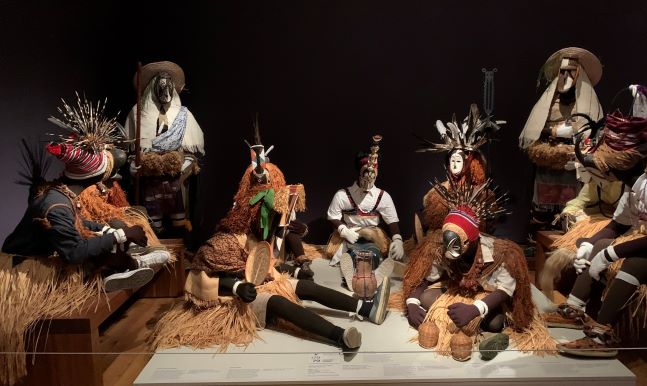
Okumpka Masquerade Players “The Pot of Foolishness” Chukwu Okoro masks, Sam Irem costume elements , assembly Eze Anamelechi
By coincidence I visited a masquerade installation at the Seattle Art Museum today as well.
“Ridiculous mistakes don’t hide in Okumpka plays. Instead an open pot is carried into view by a masked spirit who announces his name and offers a speech or song that explains why he is the most foolish man of all. Often his boast isn’t immediately accepted and he is urged to defend his claim, thereby revealing more of his blunders. Others continue to vie for this title and confess to their own stupid actions. Leaders ultimately decide who deserves to be known as the most foolish, an honor that conveys pride in facing one’s own folly. ”
As we approach Hallowe’en, as well as universally participate in masking to stay well, these are provocative exhibitions to think about. What does a masquerade mean, in these two cases they imply moral lessons, and deep feelings. What do we mean by it here in the US in November 2020 when we can no longer recognize even people we know, are we all transformed in this strange present into disguise, giving us the opportunity to explore our inner selves? To think about our relationship to nature, to other human beings, to the future and to the past?
This entry was posted on October 25, 2020 and is filed under Art and Activism, Art and Ecology, Art and Politics Now, Uncategorized, Women Artists.


